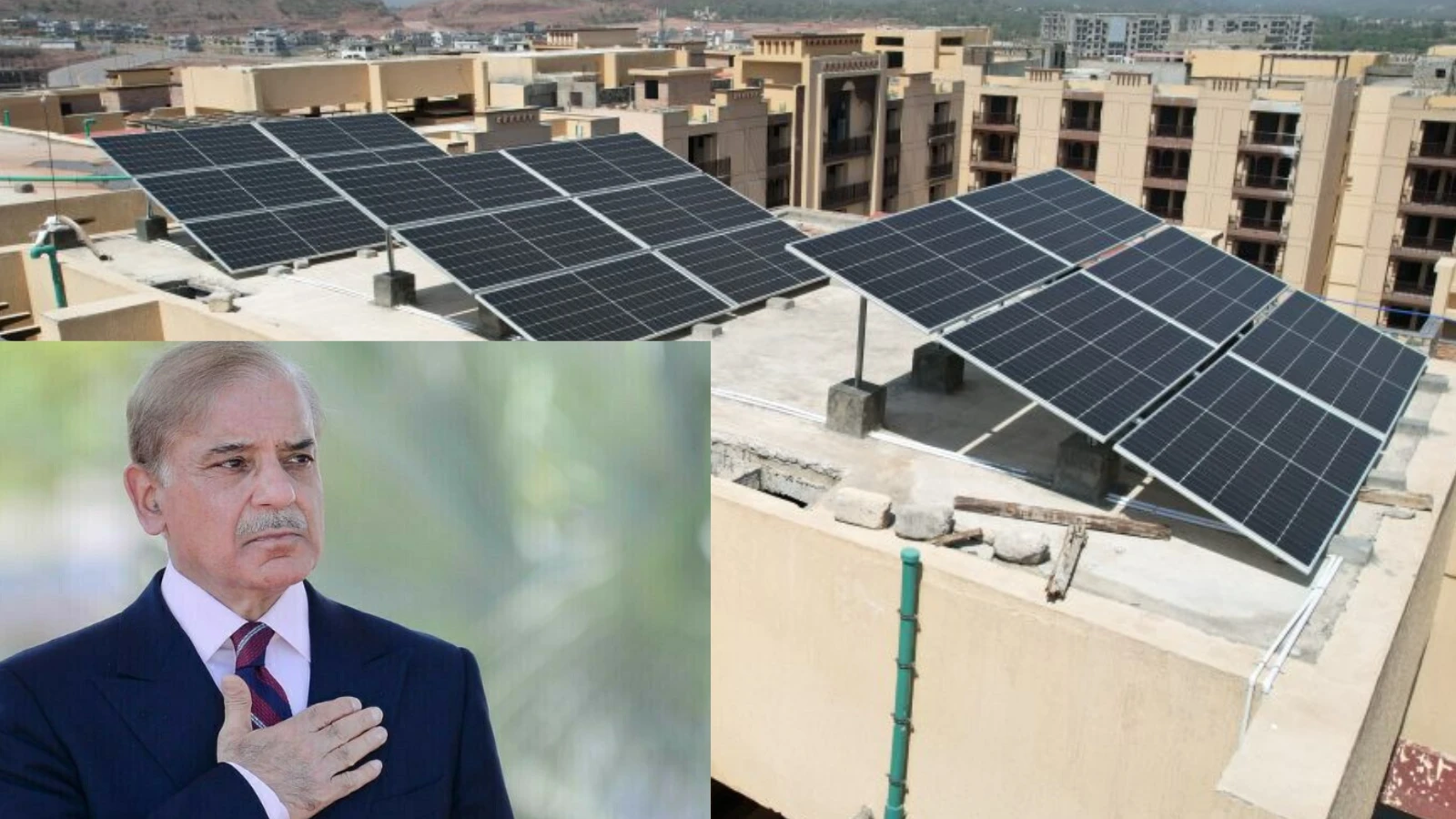Tax on solar energy: Govt's misplaced priorities favour powerful stakeholders over people welfare

Stay tuned with 24 News HD Android App

In Pakistan, where the cost of living is soaring, and the provision of basic amenities is becoming increasingly unaffordable for the common man, energy policies are compounding the misery of the masses. The government's inept handling of the energy sector, coupled with its latest proposal to tax solar energy users, is exacerbating the plight of ordinary citizens while favouring the rich.
Electricity prices in Pakistan have skyrocketed, doubling in the past year alone, placing an immense burden on already struggling households. Scheduled and forced load shedding, along with frequent power outages and fluctuations, have become the norm, making daily life a constant struggle. In such dire circumstances, it is no surprise that people are turning to alternative energy sources like rooftop solar panels to alleviate their suffering.
Rooftop solar energy offers an affordable and sustainable solution to Pakistan's energy crisis, allowing citizens to generate their own electricity and reduce their dependence on the unreliable national grid. However, instead of encouraging this transition towards clean energy, the government is contemplating imposing taxes on solar energy users, further burdening those already struggling to make ends meet.
The proposal by the Central Power Purchasing Agency (CPPA-G) to tax residential and commercial solar panel users is a shortsighted move that penalizes those trying to take control of their energy needs. Imposing a tax of Rs. 2,000 per kilowatt on solar systems will discourage investment in solar energy and hinder the country's progress towards a more sustainable future.
It is shocking that the government, despite its rhetoric about supporting environmentally friendly energy resources, is considering such regressive measures. While the government claims to be addressing the mounting payment crisis in the power sector, it is failing to address the root causes of the problem.
The real issue lies in the exorbitant capacity payments made to Independent Power Producers (IPPs), which have been draining the country's finances for decades. These capacity charges, fixed against interest rates and exchange rates, have contributed to inflated electricity bills for consumers. Yet, instead of holding IPPs accountable, the government is scapegoating rooftop solar power for the rise in capacity charges.
It is evident that the government's priorities are misplaced, favouring the interests of powerful stakeholders over the welfare of the people. By taxing solar energy users and failing to address the systemic issues in the energy sector, the government is perpetuating the cycle of poverty and inequality in Pakistan. It is time for policymakers to prioritize the needs of the people and adopt policies that promote sustainable development and equitable access to energy for all.
